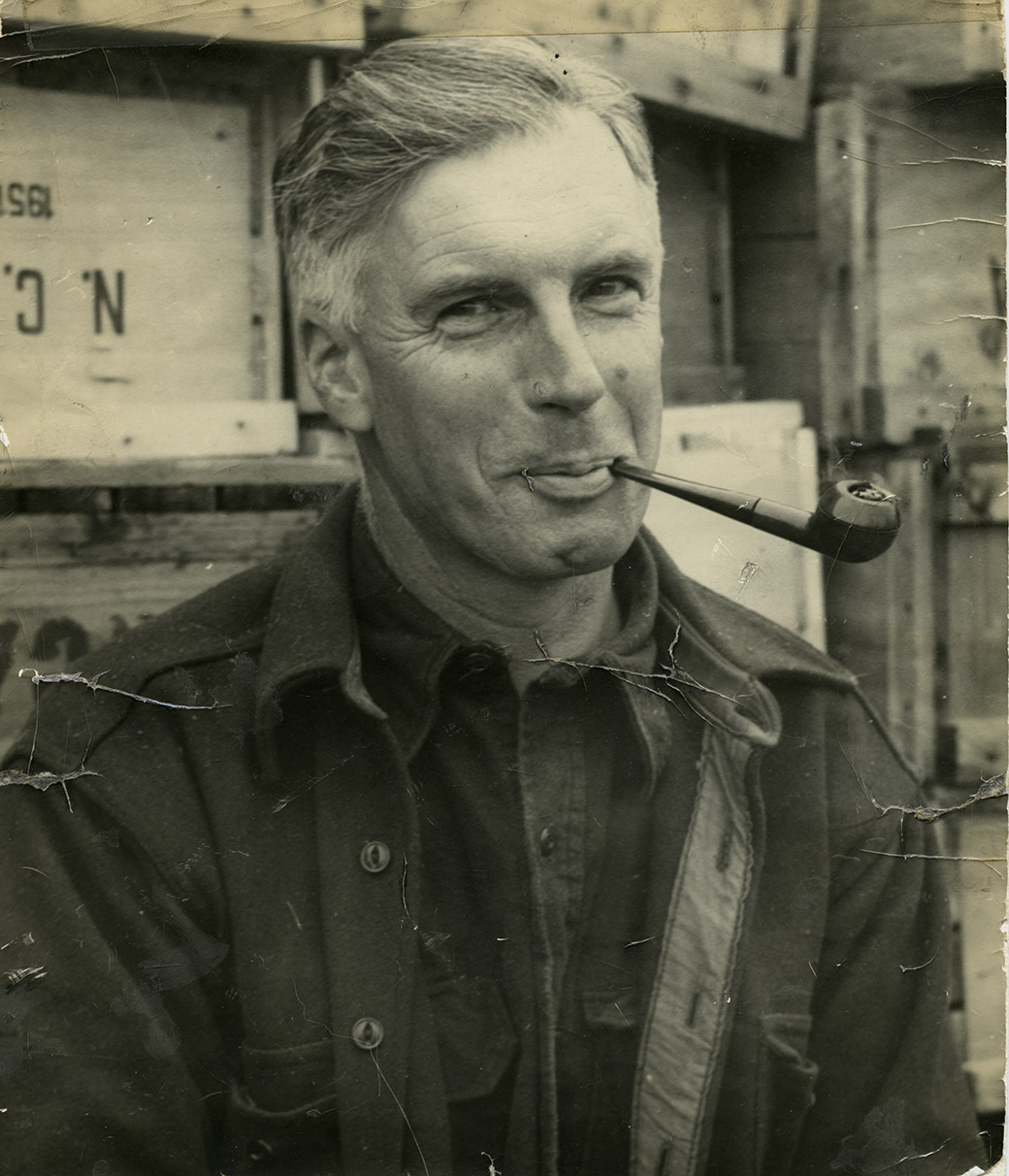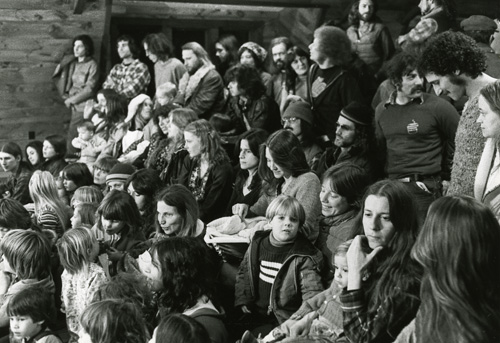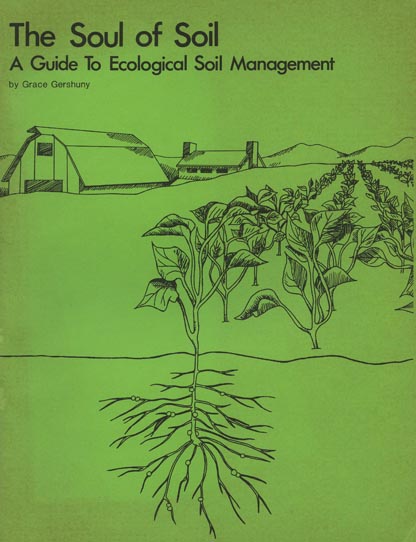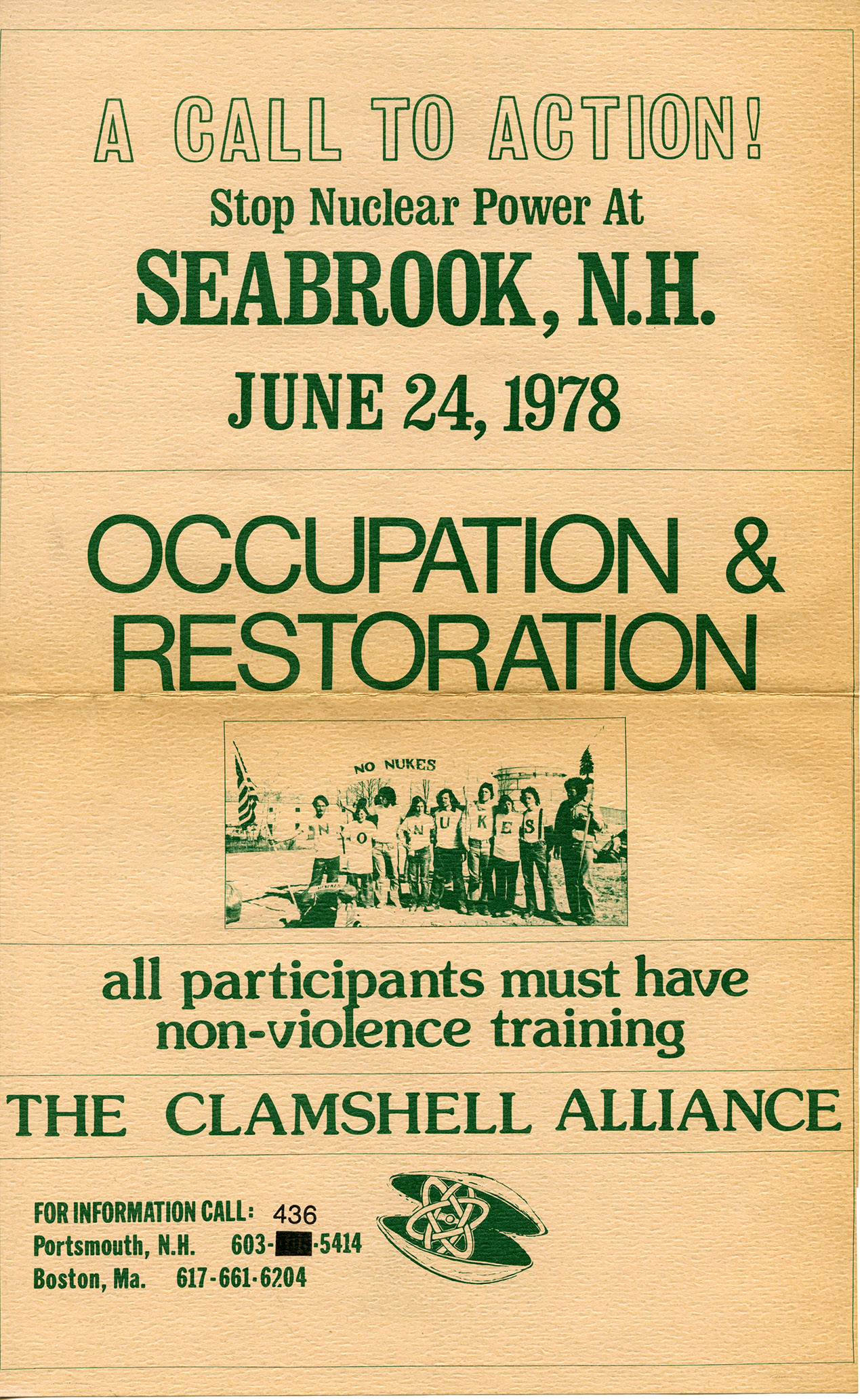Kenneth G. Garside Papers

A noted South Shore cranberry grower, Kenneth Greenwood Garside was a graduate of Harvard (Chemistry, 1927) and MIT (MS, Gas and Chemical Engineering, 1929). After working for several years in the electric industry, he relocated to Duxbury, Mass., in 1937 to taking over operations of 406 acres of cranberry bog. Over the next twenty-five years as a grower, Garside served as Director of the New England Cranberry Sales Co. and as a board member of the National Cranberry Association, and after dissolving his partnership in the Duxbury Cranberry Company in 1956, he served as acting General Manager of Ocean Spray during the aminotriazole crisis of 1959-1960. Following his retirement from the bogs, Garside taught science in schools in Florida and Maine. He died at Blue Hill, Maine, in 1987.
The Garside Papers contain nearly forty years of letters between the Massachusetts cranberry grower Kenneth G. Garside and his daughter Anne G. Cann. Rich and well-written, these letters reflect Garside’s work and touch on his many interests, from cranberry culture to politics, family, and education. The collection also contains photographs and an assortment of cranberry business-related ephemera.




